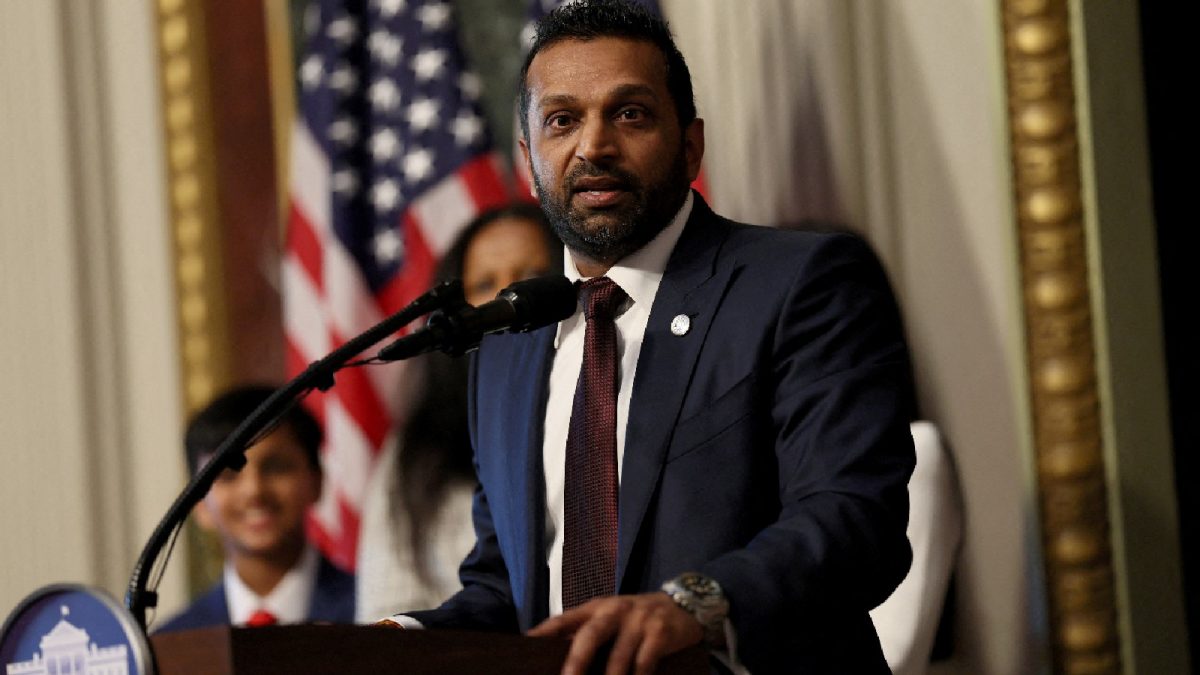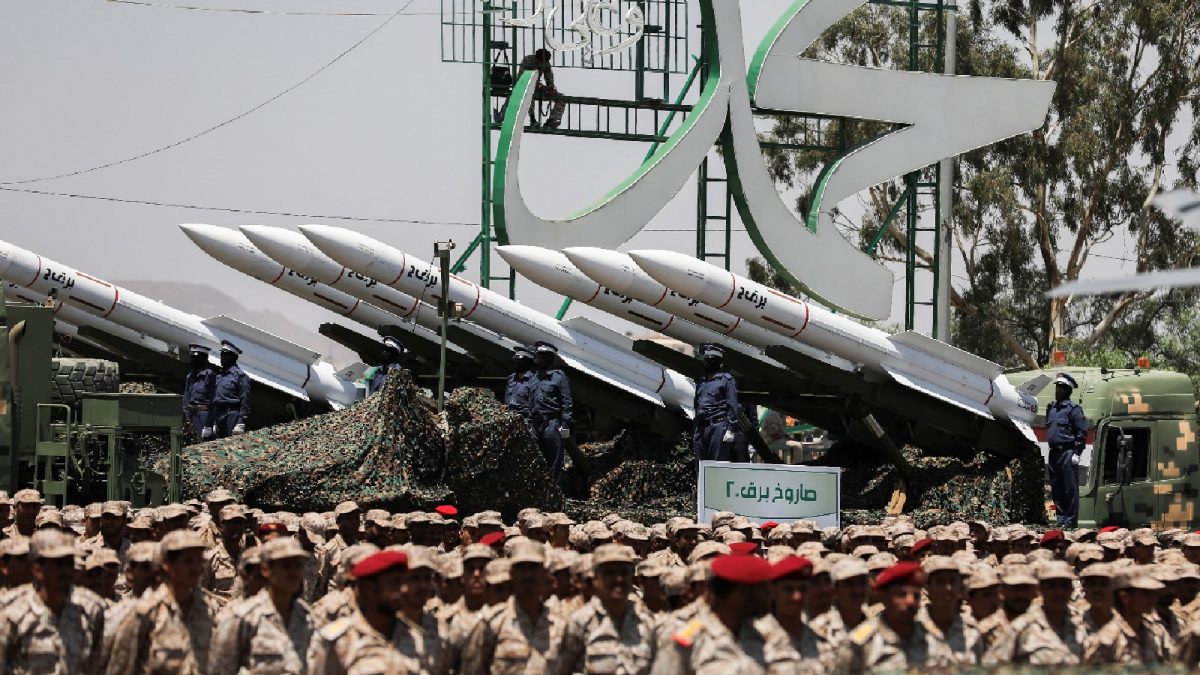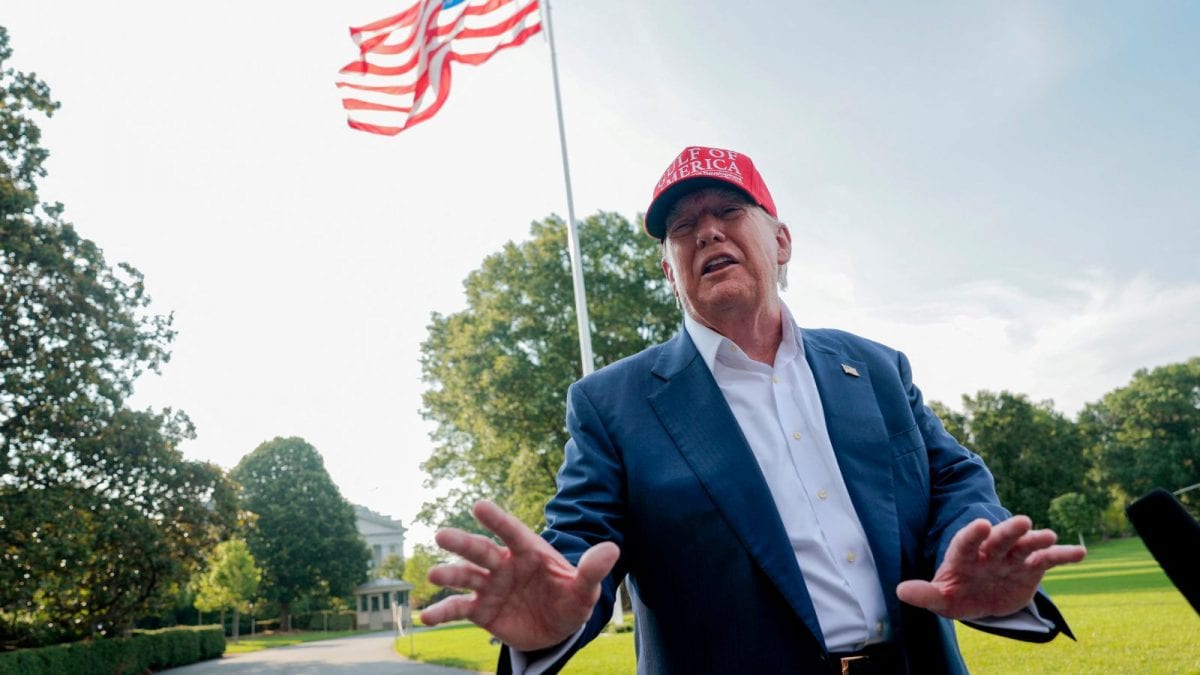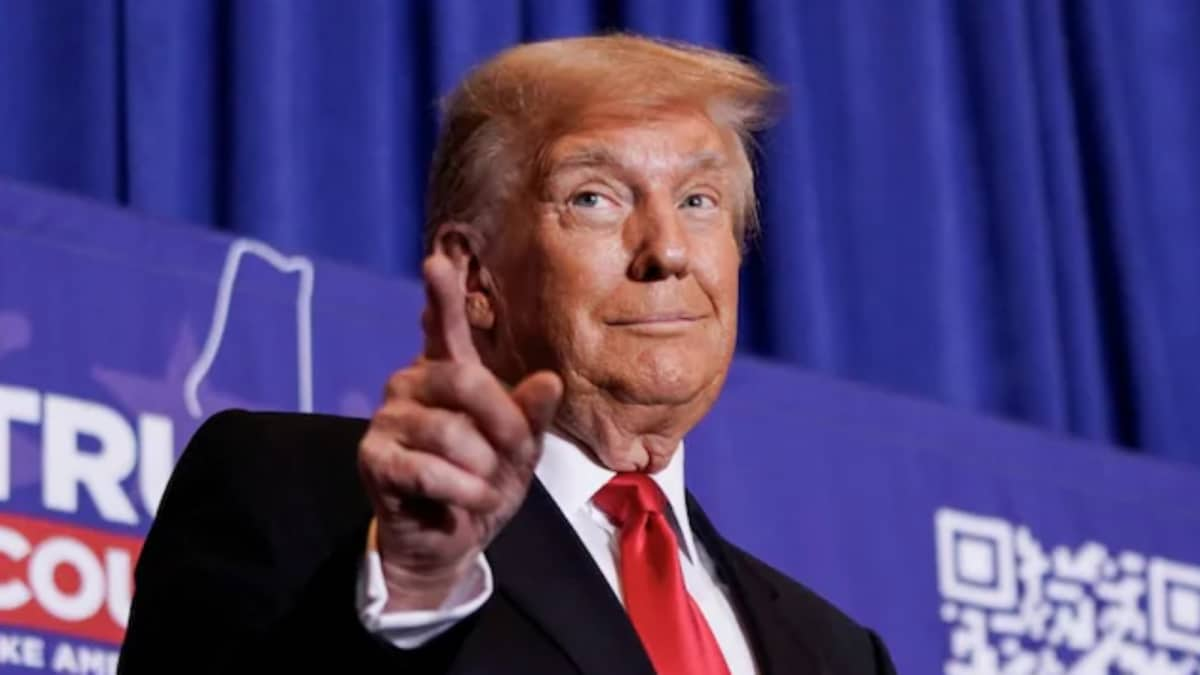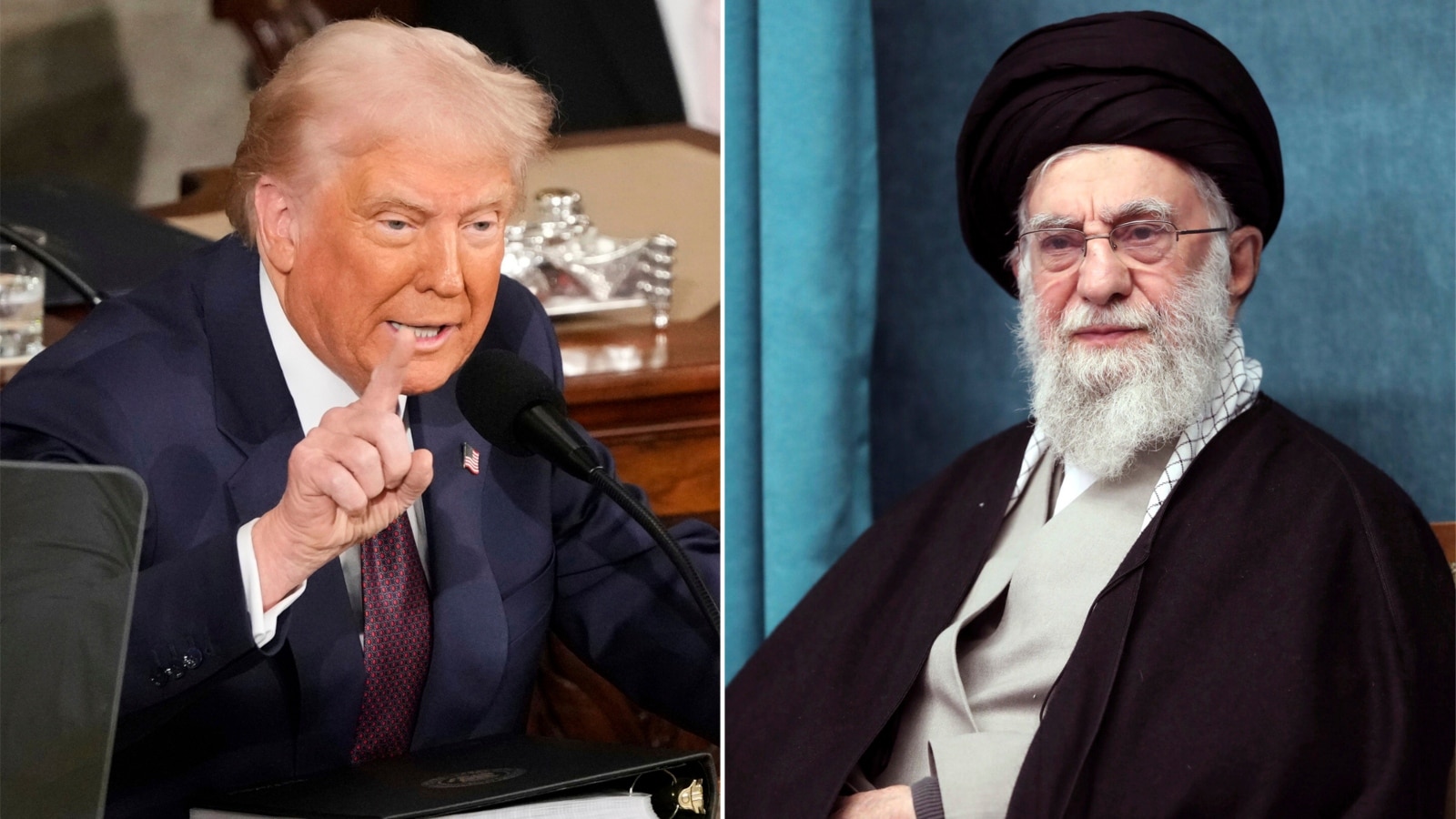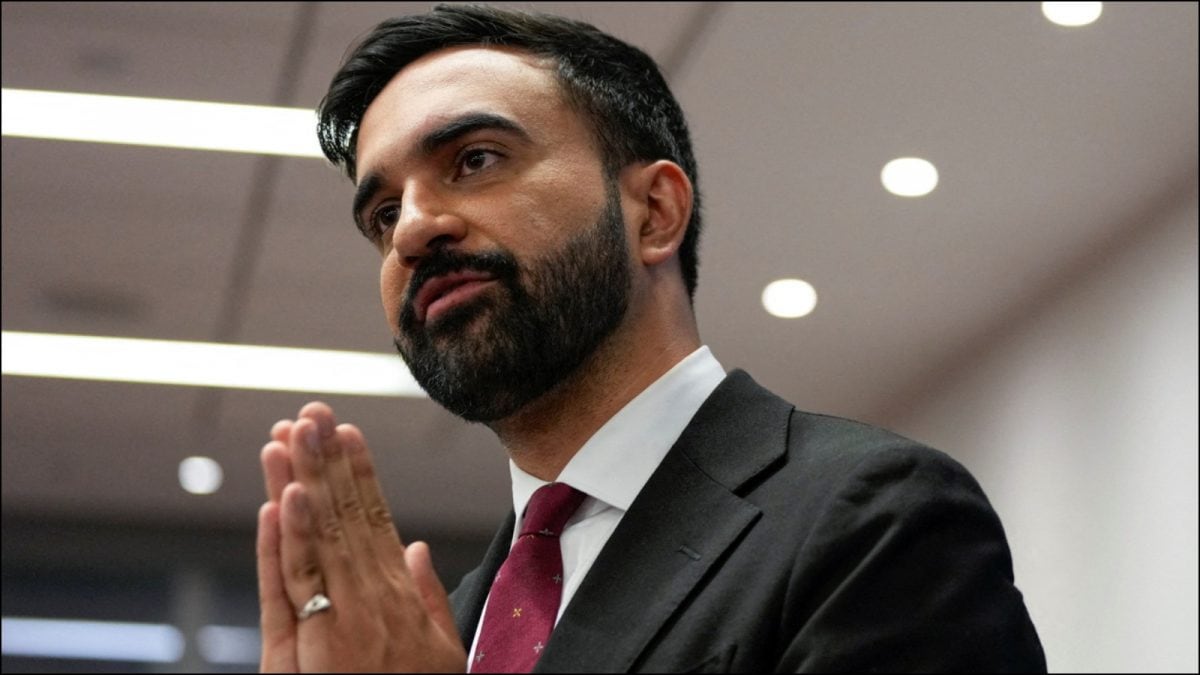Last Updated:May 19, 2025, 13:32 IST
Abeyance gives India flexibility without global backlash and keeps pressure on Pakistan without escalation

Being a lower riparian state, Pakistan is heavily dependent on India-controlled rivers—particularly the Jhelum and Chenab flowing through Jammu & Kashmir. (PTI/Representative image)
The decades-old Indus Waters Treaty (IWT), once hailed as a model of water diplomacy between rivals, now sits in a state of deliberate abeyance, tangled in legal ambiguities, shifting geopolitical dynamics, and the shadow of cross-border terrorism. For India, the current moment represents both an opportunity to revisit a flawed treaty and a strategic dilemma—whether to push harder or hold back.
Top government sources say India’s decision to pause rather than break the treaty outright is not a retreat, but a calculated posture grounded in both legal prudence and international optics.
Why The Treaty Is Still In Place
At the heart of the IWT crisis lies a key structural flaw: the treaty provides no clear path for unilateral withdrawal or suspension. Article XII(4) of the agreement clearly states that the treaty shall remain in force “until terminated by a duly ratified treaty concluded for that purpose." This effectively means Pakistan cannot legally accuse India of a breach, since no formal revocation has occurred.
As one senior official put it, “It’s a treaty without an exit ramp. That’s by design—but it doesn’t reflect the current reality of state-sponsored terrorism."
India’s Legal And Strategic Leverage
India’s position is further insulated by international legal instruments. In 2019, New Delhi filed a declaration with the Court of Justice (ICJ), excluding disputes involving Commonwealth countries or matters affecting national security—blocking Pakistan’s potential legal recourse at the global level.
India also views its current stance as a legitimate counter-measure under the Vienna Convention on the Law of Treaties, given Pakistan’s continued use of terror as state policy. While it’s difficult to prove Pakistan’s direct hand in specific attacks, the cumulative evidence of support to terror groups forms the moral and diplomatic basis for India’s hardened posture.
“We are not tearing up the treaty, but we are signalling that terrorism has a cost—even in water-sharing," a senior official said.
Pakistan’s Geographic And Strategic Weakness
Pakistan’s vulnerability is geographic. Being a lower riparian state, it is heavily dependent on India-controlled rivers—particularly the Jhelum and Chenab flowing through Jammu & Kashmir. Despite past rhetoric, including 2008 threats to treat water diversion as an “act of war," Islamabad has consistently relied on diplomacy, not force, revealing both its limitations and the deterrent value of India’s economic and military edge.
Moreover, the World Bank’s role as a treaty facilitator is largely toothless. Its authority extends only to the appointment of neutral experts or arbitrators—whose rulings are advisory and non-binding, as seen in the long-stalled Kishanganga and Ratle dam disputes.
Why India Is Holding Back—For Now
Despite having a strong legal and strategic case, India has stopped short of declaring the treaty void, and that’s deliberate.
First, abeyance gives India flexibility without global backlash. Unilateral withdrawal could invite accusations of violating international norms or harming civilian access to water—especially under human rights frameworks.
Second, the move keeps pressure on Pakistan without escalation. India’s economic size and growing global alliances make a case for measured assertiveness over impulsive declarations.
Third, it preserves India’s image as a responsible regional power, especially at a time when it seeks global leadership roles—whether in the G20, BRICS, or UN platforms.
What Lies Ahead
The current IWT freeze reflects a broader trend in India’s foreign policy: using restraint as leverage. For now, India is content sending the message that even water—a traditionally sacrosanct domain—is not beyond the consequences of terrorism.
But should provocations escalate or talks stall indefinitely, India has left the door open to redefining the rules. The Indus may still flow, but the political current has undeniably changed.
Location : First Published:News india Indus Waters Treaty In Abeyance: Why India Is Holding Back, For Now

 1 month ago
1 month ago





